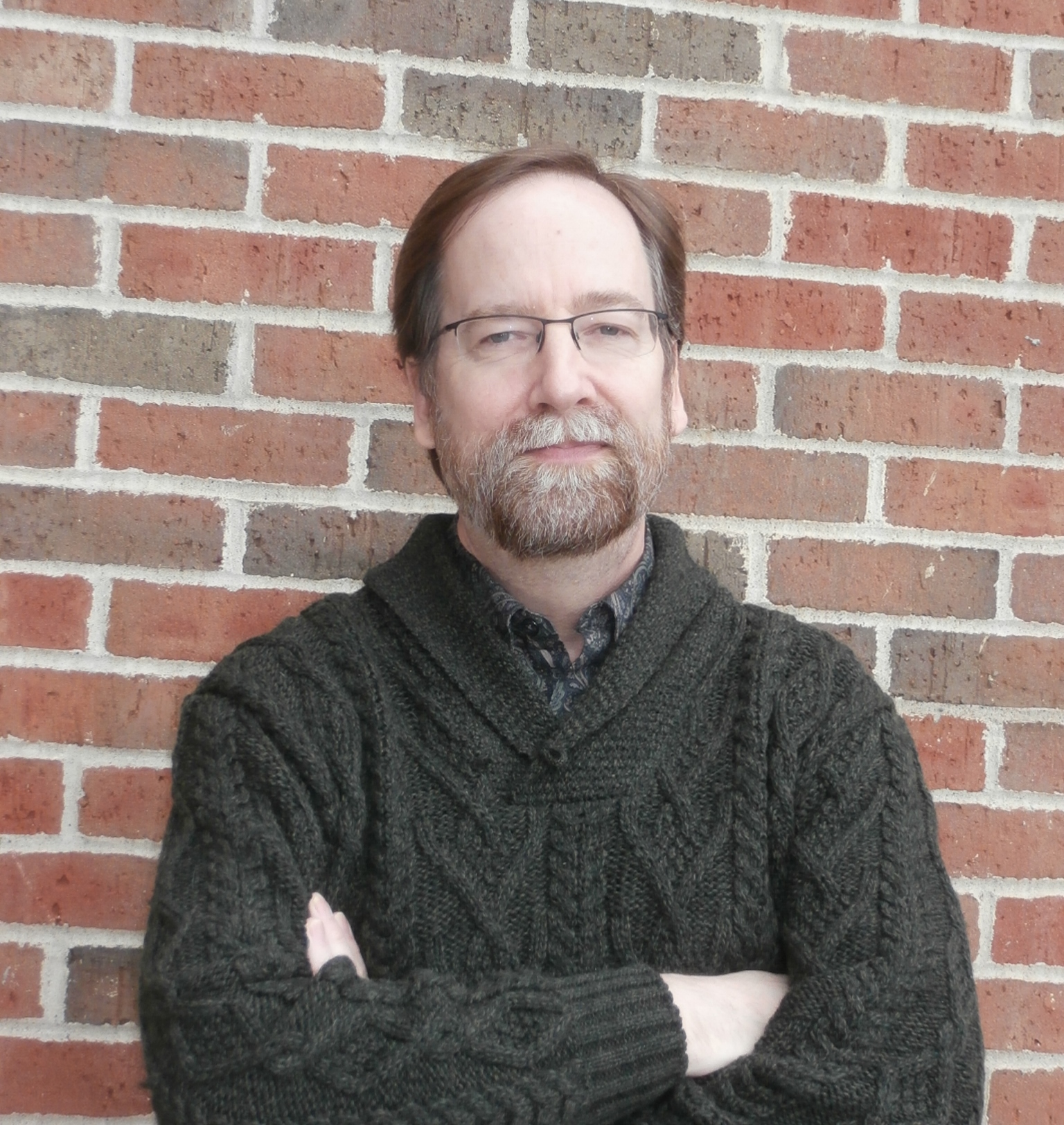Contributor Spotlight: Kevin McIntosh
 Kevin McIntosh’s story “Two Sister” appears in Midwestern Gothic Issue 20, out now
Kevin McIntosh’s story “Two Sister” appears in Midwestern Gothic Issue 20, out now
What’s your connection to the Midwest, and how has the region influenced your writing?
Childhood in Illinois and Indiana, college and young adulthood in Minnesota. Cities, suburbs, rural small towns––a pretty fair cross-section of Midwestern life. I came of age in Oak Park, Illinois, down the street from the old Hemingway place. Ernie famously dissed our hometown as a place of “broad lawns and narrow minds,” yet he took his Midwestern lens to Italy, France, Spain, Cuba. I’ve spent the last thirty years on either coast, but my fiction, too, cannot escape those roots. The Midwest, no less than Paris, is a moveable feast.
What do you think is the most compelling aspect of the Midwest?
We Midwesterners have both a strong pride of place and a chip on our shoulders; we’re quintessentially American––the Heartland––yet Flyoverland too. I think of that Minnesotan, F. Scott Fitzgerald, and his stand-in, Nick Carraway: How do I get into the dining clubs at Princeton? An invitation to Gatsby’s? Envying the cooler Coasts, yet standing back in judgment all the while.
How do your experiences or memories of specific places—such as where you grew up, or a place you’ve visited that you can’t get out of your head—play a role in your writing?
The ethos of the Midwest, more than any one place, is in my head and my fiction. The tension of good people––or people who aspire to goodness––confronting the seven deadlies. Midwestern Gothic holds far more interest for me than the southern brand. Screwed-up people doing screwed-up things? In lesser hands than Faulkner and Flannery, where’s the tension in that? Fargo and In Cold Blood have such impact because, though horror happens everywhere, it shouldn’t happen in the Midwest.
Discuss your writing process — inspirations, ideal environments, how you deal with writer’s block.
I’ve been a teacher the past twenty-five years, so most of my writing happens in the summer. Between teaching and raising children, I haven’t had the luxury of writer’s block. If writing is going to happen, it will be in those available moments. I have had the luxury of writing at several arts colonies––nice work if you can get it.
How can you tell when a piece of writing is finished?
I just finished revising the ending to a story I published seven years ago, so I guess I’m like the painter who wants to add a little umber to his work as it hangs on the museum wall. I’m not sure that’s a good thing.
Who is your favorite author (fiction writer or poet), and what draws you to their work?
Tolstoy, Austen, Dickens, Eliot, Joyce: like many, I kneel at their altars. They attempt so much; even their less-great works are great in aspiration. And, of course, the Midwesterners: Hemingway, Fitzgerald, Cather, Sinclair Lewis, Munro (she belongs with us!) They are so grounded in place, local or exotic, and all its implications. And the writing is so precise on a sentence level. Of living writers, I’m currently infatuated with Elena Ferrante (whoever she may be). That girl is writing the hell out of Naples.
What’s next for you?
I recently finished a New York City teacher-novel that I’m beginning to shop around. I’m also intrigued with writing some non-fiction about education and the teaching life.
Where can we find more information about you?
My social media footprint is nil at this point, but an early short story is online at: http://greysparrowpress.sharepoint.com/Pages/Fall2010ShortStoryMcIntosh.aspx






